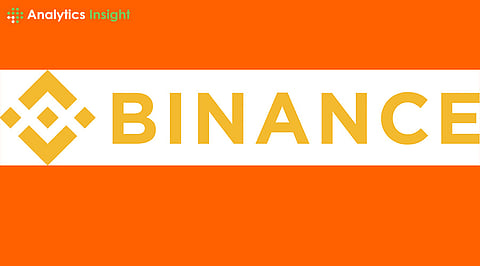

South Korean regulators have approved Binance’s acquisition of local cryptocurrency exchange Gopax after a two-and-a-half-year review, allowing the world’s largest crypto exchange to officially enter the Korean market. The Financial Intelligence Unit (FIU) completed its assessment of Gopax’s executive change report on October 15, confirming the decision after extensive scrutiny.
Binance acquired a 67% stake in Gopax in February 2023, but faced delays as regulators examined whether its entry could disrupt South Korea’s anti-money laundering system. The long review reflected concerns about Binance’s compliance history in other jurisdictions. Binance’s approval enables it to reestablish operations in one of Asia’s largest and most active crypto markets.
The FIU’s decision followed a detailed investigation into Binance’s management and financial compliance. Local media outlet MK reported that authorities completed their review late on October 15, clearing the final regulatory hurdle.
Korean regulators had withheld acceptance of Gopax’s executive change report while investigating potential impacts on the nation’s financial security systems. The approval shows confidence in Binance’s compliance improvements following US regulatory settlements earlier this year.
Under Korean law, only corporate representatives and executives must register with the FIU, meaning Binance’s major shareholding did not require a separate eligibility screening. This clarification streamlined the review process after prolonged delays.
The approval now allows Binance to merge its global trading infrastructure with Gopax’s domestic platform. This integration could position Gopax to expand its services and strengthen liquidity for Korean traders.
Gopax suffered major disruptions during the 2022 liquidity crisis due to exposure to Genesis Global Capital. When Genesis halted withdrawals after FTX’s collapse, roughly $47 million in customer funds were frozen, leaving the platform unstable.
Binance stepped in to restore solvency and resume normal operations, pledging to protect affected users. The plan included asset recovery and direct capital injections. Binance has already disbursed $70 million to compensate users, with the remaining amounts expected once recovery efforts conclude.
The exchange is also expected to renew its partnership with Jeonbuk Bank, a critical step for maintaining real-name verified accounts required under South Korea’s regulations. The relationship ensures compliance with the upcoming 2025 Virtual Asset User Protection Act, which strengthens consumer safeguards and anti-money laundering standards.
Binance’s acquisition of Gopax fits into its regional growth strategy across Asia, focusing on expansion through local partnerships rather than new licensing applications. The method allows smoother entry into regulated markets through trusted domestic entities.
Recent initiatives include Binance Japan’s partial acquisition by PayPay, a SoftBank-backed firm, and ecosystem investments in Vietnam and China. With Gopax now under its control, Binance gains a strategic foothold in South Korea’s thriving crypto market.
South Korea’s crypto regulations demand real-name bank accounts and strict anti-money laundering compliance. Domestic exchanges must secure local banking partners to enable fiat-to-crypto transactions. This requirement has long limited foreign exchanges’ ability to operate in the country.
Binance’s approval to acquire Gopax marks a major milestone in its reentry into South Korea’s crypto market after years of regulatory hurdles. The decision followed an extensive FIU review and reflects improved compliance standards after global settlements.
Read More: XRP News Today: $600M XRP Transfer Sparks Debate on Binance and Bitfinex
